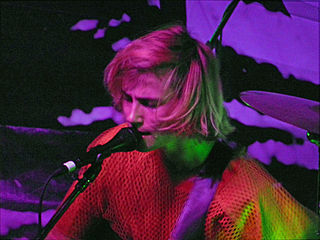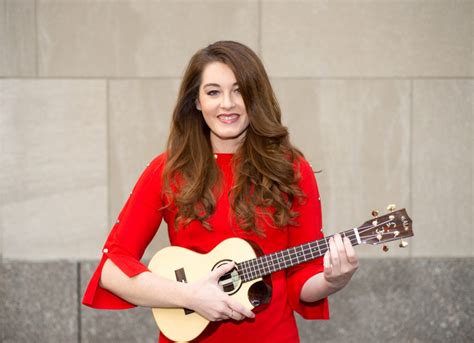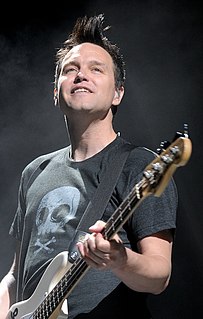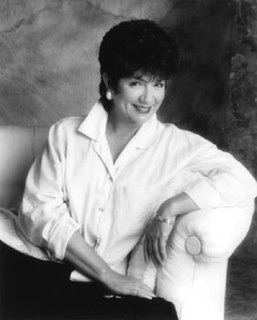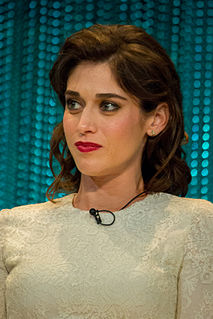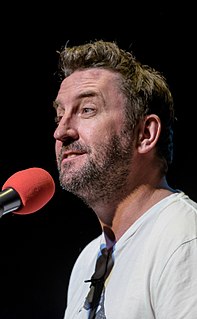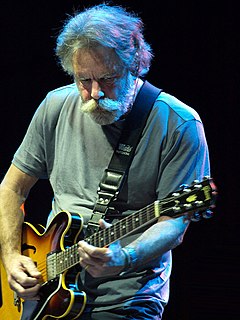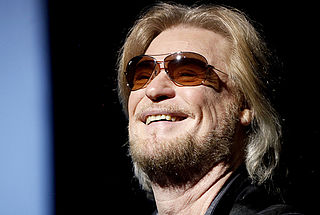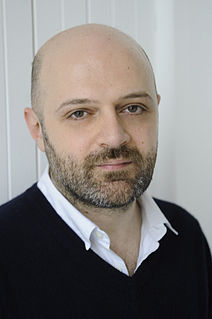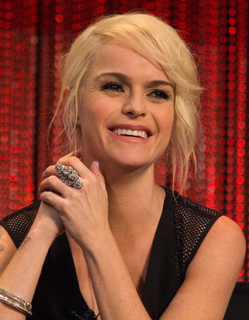A Quote by Zachary Cole Smith
I wanted to show a different side of ourselves. I wanted to see in what ways I could explore something new. I felt like working on a double record would give people a lot to have.
Related Quotes
Well, one of the things we felt was missing from the greater conversation is that transgender people have been living and working in America for years...People may think it's a "new" thing; it's not...So we wanted to show not just the political side, which is what you see with Caitlyn Jenner. And not the other side with Laverne Cox, who's great.
I didn't want to be driving to work everyday and sending out my Starbucks order. I didn't want to be in New York or L.A. I wanted to have space and I wanted to be in a remote place where all of us could just be ourselves and not worry about anyone trying to listen in or get in on that. I wanted to just be comfortable. I feel like being in a big city - as much as I find New York, in particular, very inspiring in a lot of ways - can also be claustrophobic.
I knew I wanted to be an actor, and I didn't necessarily need or want to be famous or a celebrity actor. But I wanted to be somewhere where there would be no ceiling on what I could accomplish, and I felt like if I stayed in St. Louis I might have a really great regional theater career or something, but that I wasn't going to be able to get much further than that. And it felt like New York and L.A. were the two places where you could end up being a TV star or you could end up doing regional theater, which would have been fine as well.
I was lucky I went to school in London because the tutors could see what to do. I knew I wanted to do something different. Why would I want to do what other people were already doing, because they would always do it better? I always wanted to work around the body. So throughout my college years, my work was quite free.
We wanted to show people what it was like in one of those neighbourhoods that they would never have access to, in bars that they would be too scared to go into, and a world that they would never get to see. All of that is something really unusual and rare and kind of fascinating. And the only way to do that and to make it really worthwhile was that it had to be authentic. We dedicated a lot of time and energy to making that right and real. So we found basically the worst locations that we could.
Working with Monk brought me close to a musical architect of the highest order. I felt I learned from him in every way--through the senses, theoretically, technically. I would talk to Monk about musical problems, and he would sit at the piano and show me the answers just by playing them. I could watch him play and find out the things I wanted to know. Also, I could see a lot of things that I didn't know about at all.
